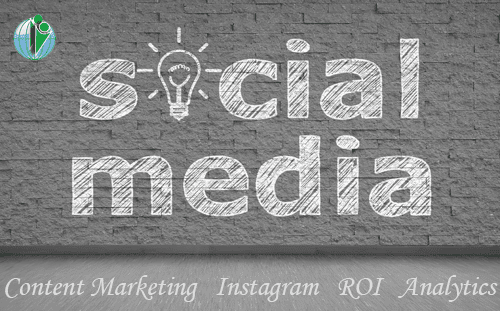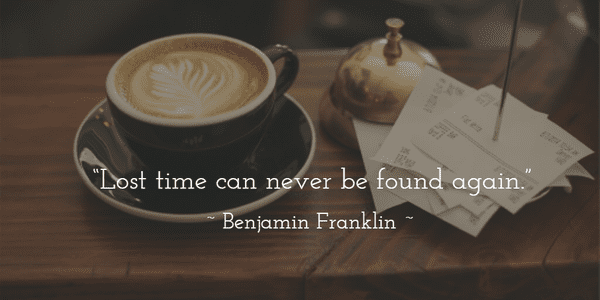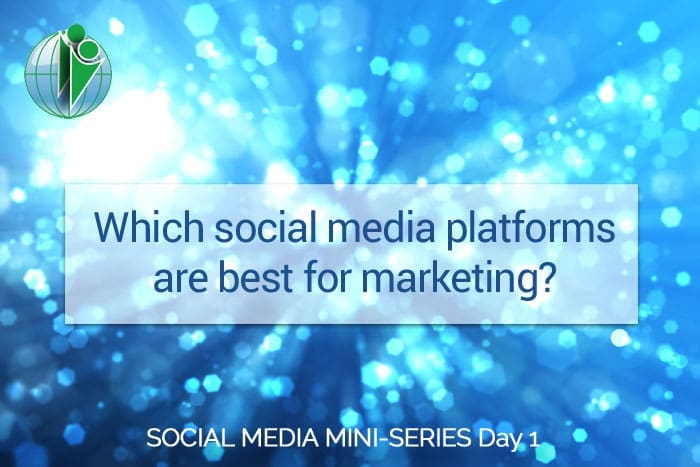Examining content marketing, Instagram marketing, social media analytics and ROI
This page may contain links to Amazon.com or other sites from which I may receive commission on purchases you make after clicking on such links. Read my full Disclosure Policy

The Social Media Success Summit wrapped up with valuable information to help us create social media marketing goals and objectives, use various tools to measure the results, and study those results to fine-tune our social media strategy on a regular basis.
The Agenda
- How to Use Content Marketing to Become a Dominant Player in Your Industry – Joe Pulizzi
- How to Create Content That Will Win You More Fans, Customers and Advocates – Lee Odden
- How to Use SlideShare to Generate Leads – Todd Wheatland
- How to Implement a Successful Instagram Marketing Plan – Jenn Herman
- How to Use Instagram to Sell – Sue B. Zimmerman
- How to Create Attractive Visuals for Social Media Marketing – Melanie Perkins
- How to Measure Social Media ROI with Google Analytics – Nichole Kelly and Arsham Mirshah
- How to Employ Advanced Social Media Analytics That You’ve Likely Never Heard Of – Christopher Penn
- How to Use Twitter Analytics and Ad Tools to Connect With Your Audience – Susan Beebe (Tyson Foods)
- Why Your Social Strategy Needs to Pump Up the Volume – Jay Baer
- How to Measure Social Media: Practical Steps – Lewis Bertolucci (Humana)
- How to Visually Stand Out in an Image Saturated World – Jessica Gioglio (Dunkin’ Donuts)
The Highlights
One message I heard throughout the summit is the value of using social media to grow your email list, and Jay Baer (author of Youtility: Why Smart Marketing Is about Help Not Hype) explained why. Because of the sheer volume of content on social media sites, only a fraction of your followers actually see your messages. In other words, social media does not have “reliable reach” – but email does.
As Lee Odden (author of Optimize: How to Attract and Engage More Customers by Integrating SEO, Social Media, and Content Marketing) says, just posting stuff isn’t going to cut it. Everything you publish needs to be excellent (though not necessarily perfect!) in order to attract, engage, and ultimately convert your prospective clients. You need to understand how they like to find and consume content and what inspires them to take the next step.
To be strategic, Joe Pulizzi recommends that you create a content marketing mission statement and measure the performance of each post. This will allow you to continue doing the things that are working and find ways to improve those that aren’t.
Lewis Bertolucci stated that to be meaningful, your measurements should correspond to the various stages of your sales funnel: exposure, influence, engagement, leads, conversion, and retention.
3 Free Tools for You to Try
- Iconosquare – analytics for Instagram
- Ahrefs – detailed backlinks reports for your own website and your competitors’
- Google Analytics – set goals and track results
More Tools for You to Try
Most of these are more for large organizations and too costly to be accessible for folks like us, but you may wish to take advantage of the free trials or check out the demos.
- Ontraport – a CRM which includes a webform builder
- HubSpot – an all-in-one CRM and marketing platform
- Salesforce – another powerful CRM
- Infusionsoft – small business sales and marketing software
Learn More
Chances are you already have Google Analytics set up on your website, but you may not realize that it can tell you a whole lot more than just how many people visited your site or read a particular blog post. Chris Penn (author of Marketing White Belt: Basics For the Digital Marketer) explained that when you take full advantage of its power, you can actually calculate the Return on Investment of your social media activities. Fortunately, free courses are available through the Google Analytics Academy.
This is the final instalment in my series covering Social Media Success Summit 2014. If you missed the first three posts, be sure to check them out:
Week 1: Social Media Strategy, Tactics and Tools
Week 2: Diving into Google+, Facebook, LinkedIn and Twitter
Week 3: Digging into blogging, Pinterest, podcasting and video marketing
Clearly, I have barely scratched the surface of the wealth of knowledge shared during the four-week event. If you have questions about any of the topics covered (see the Agenda at the beginning of each post), please don’t hesitate to ask, and I’ll do my best to answer them in a future post.
Image © vetkit / depositphotos




Great roundup Janet, I’m glad you found the SMSS event full of useful info!
I sure did – I’ll be reviewing my notes, processing the information, and implementing strategies for months! Your session was particularly good – thanks so much for stopping by!
A plethora of information. Wow!
There were 45 sessions in total, about 45 minutes each – that’s over 30 hours! No wonder my head was spinning – finally coming up for air now. 🙂
That’s A LOT of learning. While it sounds a bit overwhelming, I’m also guessing that you came away with some new things to explore and implement. The learning never stops, does it?
Absolutely! The biggest challenge, as after any conference, is making sure I take the time to put what I learned into practice!
Completely understand. I’ve been to several conferences (more than usual) this year. My goal is to discover at least one new thing to implement, consider or change. And if I’m lucky, I usually learn more than one thing. However, as you’ve identified, making the time to “put what I learned into practice” IS the challenge!
I thought of you earlier this week when I read a blog post asking “Do you attend too many conferences?” I’d post the link but I can’t seem to find it now. Not saying you go to too many, just that it made me think of you. 🙂
🙂 Historically I attend two per year (NAPO and ICD.) There could be an additional one sponsored by NAPO-NY or NAPO Golden Circle. However, this year my conference attendance has increased partly due to being ICD President, and partly for other reasons. Aside from NAPO and ICD, I also just came back from POC. Next month I’ll got to the JALO conference. And then there are the NAPO-related retreats. So it does seem like a lot. I do GET a lot from attending. But as stated above, it makes for lots of ideas, to dos, and follow-ups. All good.
If you find the article, I’d love to see it.